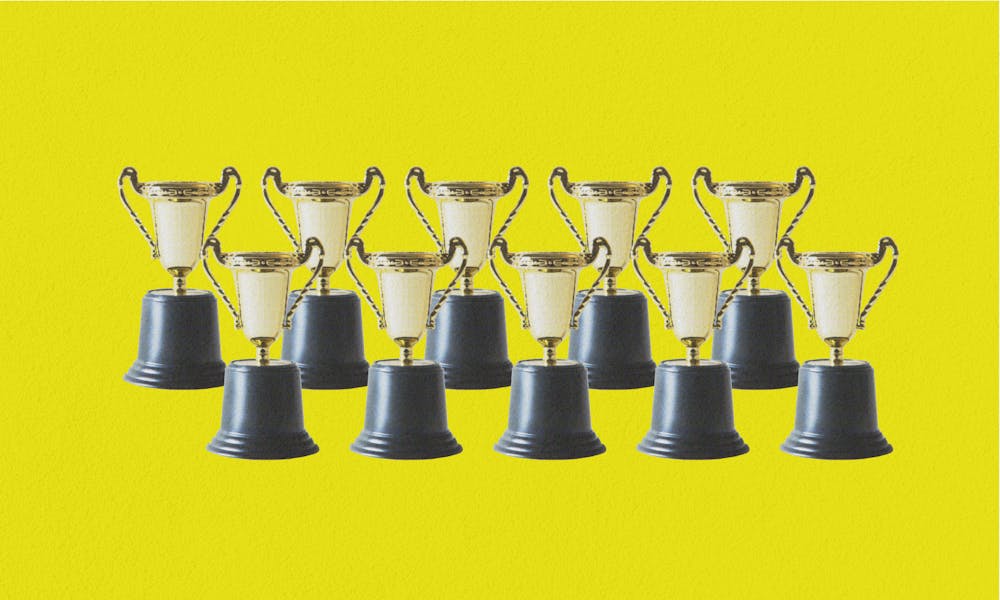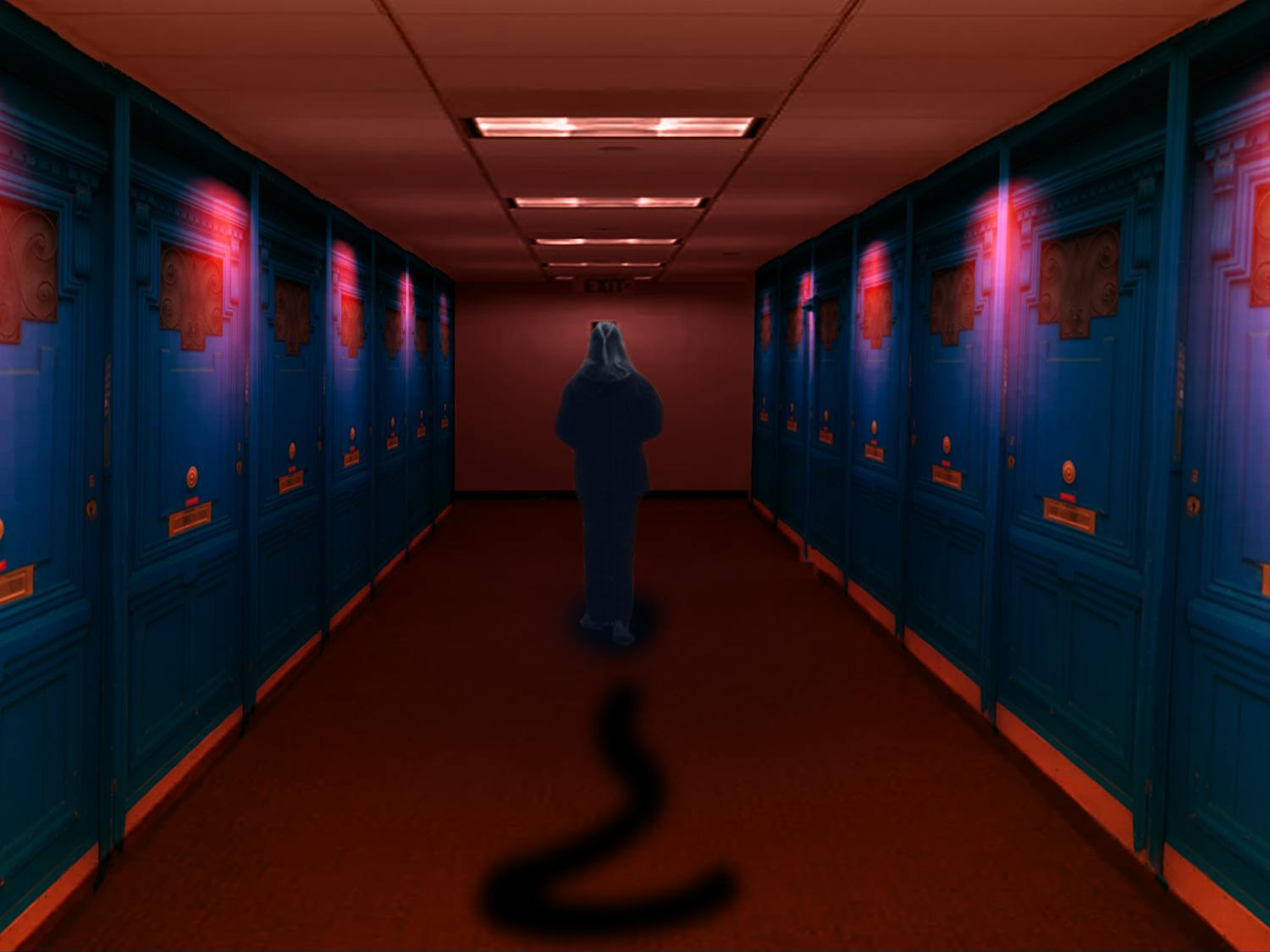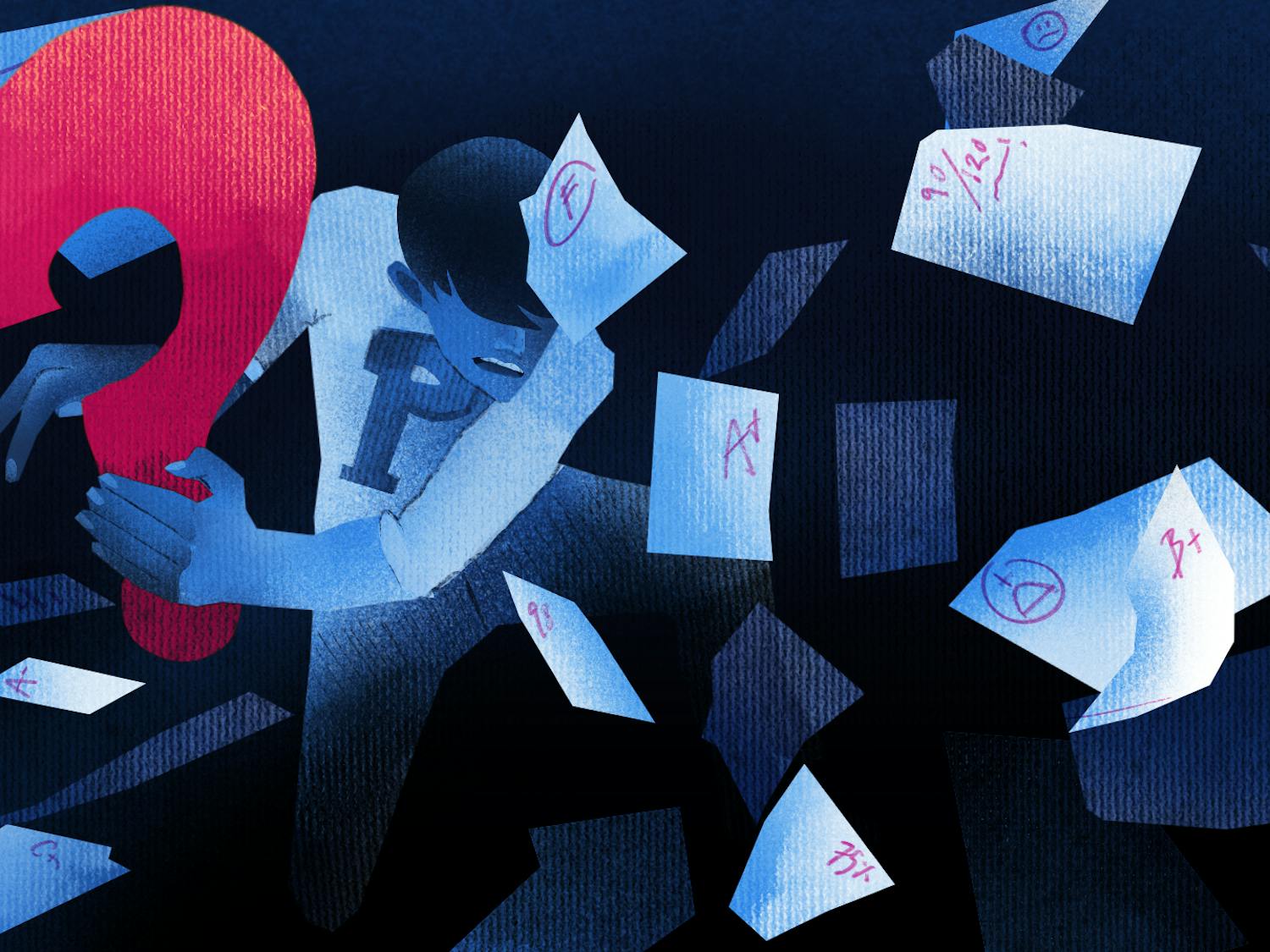You did it! The Ivy League. Blood, sweat, and tears have earned you a golden ticket to limitless career possibilities. Welcome to the elite community of global changemakers.
But what if this same spirit of achievement that has united our community to date is also a major part of the problem? What if yesterday’s ideas of “success” and “prestige” turn out to be a lousy deal for ourselves today, and a deadly deal for the world tomorrow? My intention is to offer some perspectives and stories from the alumni side of the Penn pressure cooker, as a 2012 Wharton graduate.
Led by our best test takers and overachievers, Western civilization has reached its limit with accelerating plagues, droughts, riots, economic, and health crises. As we emerge from the pandemic seeking to go “back to normal,” we have the opportunity to make different choices about the world we actually want to live in. Will the next generation of leaders continue anxiously racing towards the same finish line; to achieve something larger than life and lucrative, no matter the personal and collective costs? Or might they look more closely at the race — its origins, shifting rules, and destination — to receive its lessons and chart a different course?
I’ve tried to take that look, venturing deep into the cultural wilderness for clues. Reflecting on my life path, my achievement story is that of a garden variety “bro” born to two lovely MBAs in Manhattan in 1990 — the heart of Western culture. A culture of hyper-individualism, consumerism, helicopter pressure to succeed in a narrow sense (material wealth and social status), myths of progress and meritocracy, segregation, and class privilege. All things considered, life was pretty straightforward and uneventful. My ultimate concern was winning: first at games and sports; then academics, sex, and social life; finally business, self-actualization, and saving the world.
I dutifully and skillfully jumped through all these hoops to get progressively shinier ornaments for my ego, making a subtle mess every step of the way until repeated burnout and soul-sucking experiences in Wharton, Silicon Valley, and changemaker culture led me to desperately ask some of the big questions: Why am I grinding so hard on something I don’t deeply love? Why am I struggling with anxiety and back pain? How is an economy designed for infinite growth sustainable on a planet with finite resources? What do I really want? What’s the meaning of life?
I vowed to stop doing things that weren’t nourishing my soul or serving the whole. Through traveling the world and exploring my inner depths, studying with activists and mystics, and starting and stopping dozens of projects, I’ve been humbled to peel back the layers and learn how insufficient our cream-of-the-crop education system is to prepare students for the future they will inherit. How incapable many of our existing “leaders” are of meeting the complexity of our times. How much I don’t know I don’t know, and more dangerously: how much I don’t know I know. How challenging and imperative it is to unlearn the extractive and divisive mindsets that perpetuate our now existential problems and relearn how to live and work in a more balanced and life-honoring way.
It’s hard work to shed such thick layers of conditioning from family, schooling, and the media. Even as I released ambitions for Big Wealth through the straightforward pathways, I still chased achievement through Big Impact (massive scale and “doing well by doing good”) and the associated recognition, fulfillment, and potentially wealth. While there is much to celebrate in the narrative shift from Big Wealth to Big Impact we’re seeing across sectors, I believe that striving for Big is the deeper root cause to address. Big is an imbalance. Big demands endless growth. Big echoes the beat of colonialism: limiting creativity, violating local sovereignty, and inflicting harm without accountability. Big is what happens when people follow the wrong things, like validating their sense of worth or ego’s need to feel successful.
Many religious and spiritual traditions warn of the traps of excessive personal wealth and self-glorification. They say it’s not about getting rich or important, it’s about the richness and meaningfulness of life: things money can’t or isn’t necessary to buy like love, wisdom, community, and service. Besides, studies show that happiness tapers off after $105,000 in annual income. We don’t talk much about the costs of fame and fortune on health and relationships, but many wish on their deathbed that they had worked less, nurtured friendships more, and lived their authentic truth instead of what others expected of them. Not to mention all of the cautionary tales of those crushed by the weight of their own success on Wall Street, Silicon Valley, Hollywood, Washington, and Pro Sports.
SEE MORE FROM ANDREW MURRAY DUNN:
So if Big Wealth and Big Impact aren’t the things, what’s the alternative? What is a successful and meaningful life in these uncertain times? How do we create a sustainable livelihood in harmony with the health of people and planet? There are no easy or universal answers, only evolving questions to live into and your heart to listen to. One thing is for sure: each generation will make different choices for the unique needs of their time. Accelerated macro changes are inviting once seemingly radical lifestyle changes. While change can be scary, I have found it empowering to realize how much choice I have in how to live my life, and that I can learn to make more effective choices for myself and the world on a moment by moment basis.
In dropping out of the rat race and recovering from the achievement addiction that fuels it, my updated mission is to create a humble life of alignment and wholeness, trading off more work for more learning, connection, and rest. Slowing down to learn about mental health and wellness has led to healing childhood and epigenetic trauma common to assimilated Ashkenazi Jews (namely drive for security and social approval), incorporating practices to get out of my head and into my body, and exploring my purpose in the web of life. Learning about history and equity has inspired me to seek diverse perspectives and create a more sufficiency-oriented lifestyle. Understanding ancient and Indigenous worldviews have led to connecting with my ancestral culture and thinking locally instead of globally (to restore community fabric and human-scale, ecological economies). As a result, I feel a greater sense of self-love, integrity, spaciousness and equanimity — I'm in and with the world in ways that my grandchildren might be proud of.
But don’t follow me. Follow your intuition. Forging your unique path will be challenging and uncertain. But it will be yours, not what achievement culture dictates. You already know this. You don’t have to do anything. Life is about the journey, not the destination. It’s a rhythm, a process, a dance. There is no losing on the road less traveled because the finish line was always an illusion. Instead of racing anywhere, maybe it’s time to fall to the ground, take a nap, help each other up, hold hands, and dance around the fire. As we have done since time immemorial.
ANDREW MURRAY DUNN is a 2012 Wharton graduate and mentor to young people. His email is andrewmurraydunn@gmail.com and is interested in your reflections and questions.









